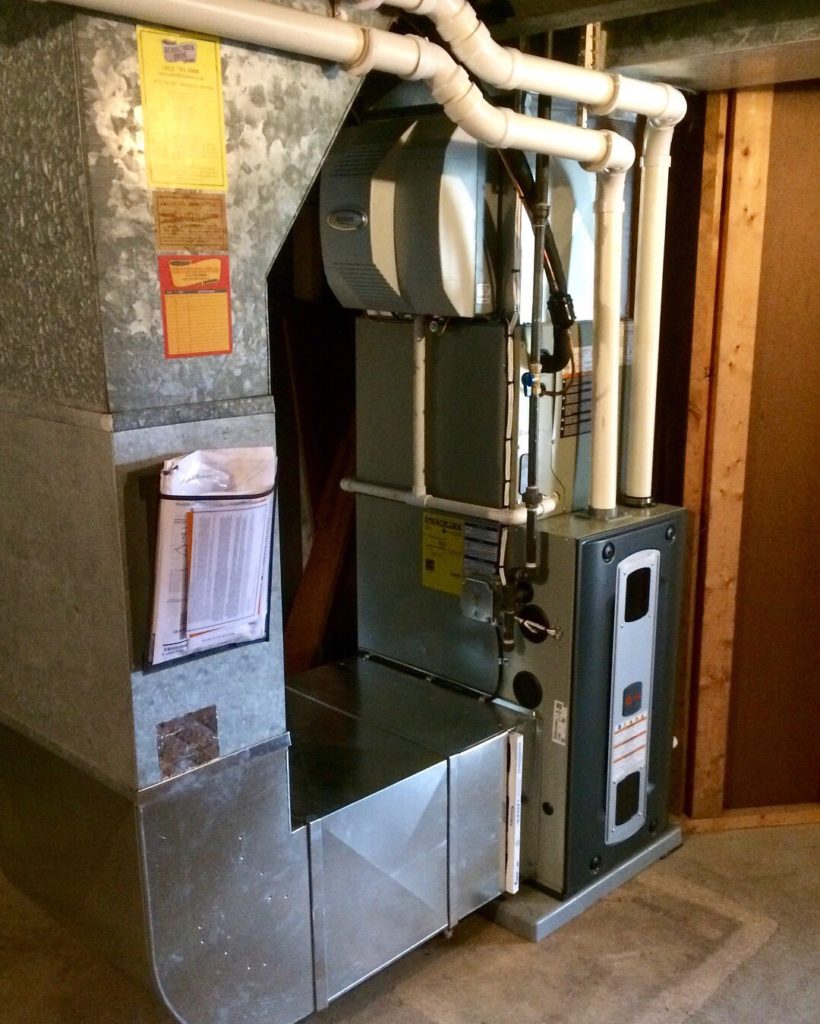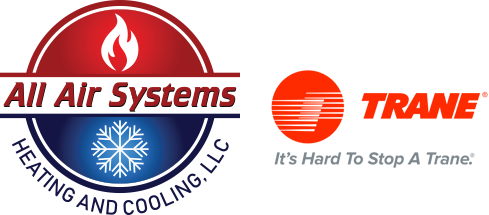So how do you make that choice? Is it better to repair/upgrade your furnace, or invest in a brand new system? The answer depends on a couple of key factors.
Are major repairs necessary?
A professional inspection from a qualified HVAC specialist is an affordable way to find out what’s going on with your furnace. You could do this yourself, but you might not know what to look for. Of course there are companies who want to sell you more repairs or equipment than you might need, but reputable NJ HVAC contractors will give it to you straight. If your furnace needs major repairs, the case for a replacement becomes stronger.
On the other hand, if no major repairs are necessary, a series of simple upgrades can boost performance and lengthen the lifespan of your furnace. HVAC specialists can often replace key components of your furnace with great results.

What’s the expected lifecycle of a furnace?
When properly serviced and maintained, many modern furnaces have lifespans of 15-20 years. If your furnace is more than 10 years old and has been performing poorly, a replacement furnace may be a better options in the long run. Upgrades may allow the furnace to continue functioning in the short term, but further repairs or adjustments may be needed more frequently.
New equipment offers efficiency of technology
Furnace manufacturers like Trane are making huge leaps forward in terms of energy efficiency, which is important to families with high energy costs. The Annual Fuel Utilization Efficiency (AFUE) is a system used to measure how efficient furnaces actually are. A few decades ago, most new furnaces had an AFUE of around 65%. Modern units must meet a minimum of 80% and can reach as high as 96.6% depending on the manufacturer, model, and quality of installation. The energy savings of a super-efficient new furnace should always be taken into account when deciding whether to invest more in your old system or start fresh.
As you can see, there are advantages to both upgrades and replacements. It really depends on the current state and life cycle of your existing furnace, and how well it has been performing for you. A detailed cost analysis should take energy cost savings into account, as well as the potential need for future repairs and upgrades. For many homeowners, however, a regularly scheduled HVAC service is a highly economical way to keep that furnace at peak performance throughout the cold months.
